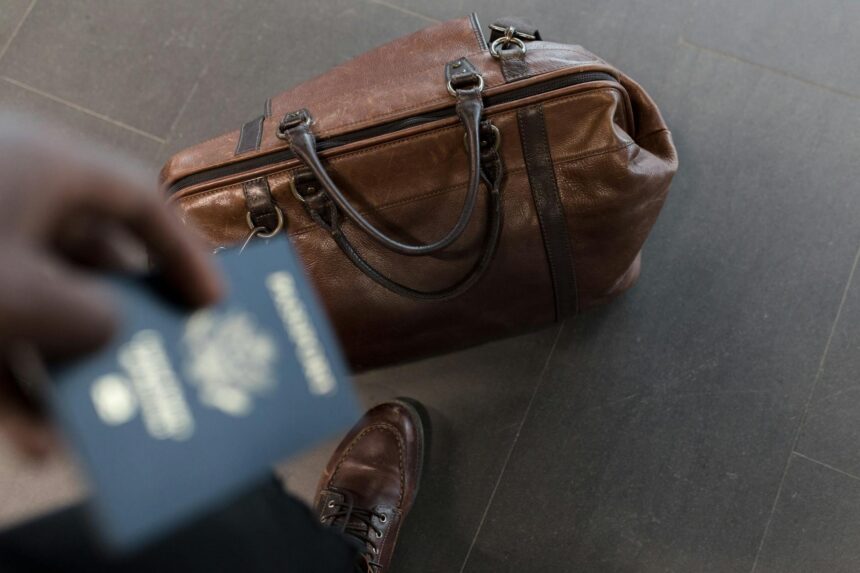Even though it’s beautiful, travelling for the first time can be stressful if you don’t plan ahead. This list of the top 10 travel tips can help first-time visitors feel confident on their trip and make sure they have a great time. With these tips for planning and packing, you can get around common problems and have the most fun possible. To make a fluid plan, look at the place’s culture, weather, and must-see sights first. It saves money and time to book flights and hotels ahead of time. To save room and money on luggage fees, pack as little as possible and focus on clothes that you can wear in different ways. Bring a portable charger, a travel adapter, and digital copies of your passport and tickets for safety and ease.
Learning a few simple words in the language helps you connect with people, and keeping track of your money makes sure you have enough for costs that come up out of the blue. For peace of mind in case of accidents or flight cancellations, you need to have travel insurance. Take a break, hydrate, and be ready to deal with delays and changes without getting upset. Lastly, to learn about the culture, eat local food and go to places that aren’t on everyone’s list. These trip ideas will give first-time travellers confidence, keep them safe, and give them memories that will last a lifetime.
The Top Ten Travel Tips For Every First-Time Travelers
10. Share Your Itinerary with Family or Friends and Check In Regularly

Safety is the foundation of any great trip, especially for first-time travelers stepping into unfamiliar territories. Before departure, compile a detailed itinerary with flight details, accommodation addresses, and planned activities, then share it with trusted family or friends. Use apps like Google Maps to enable real-time location sharing, particularly useful for solo travelers or those exploring remote areas. Regular check-ins via text, email, or quick social media updates keep loved ones in the loop, offering peace of mind.
This habit ensures someone knows your whereabouts, making it easier to respond in emergencies. For instance, a quick message after arriving at a new city can reassure contacts back home. Consider using apps like Life360 for continuous updates, especially in areas with spotty connectivity. This straightforward practice, often emphasized in travel communities, builds a safety net, allowing focus on the adventure ahead without worry.
9. Immerse in the Culture by Trying Local Cuisine and Exploring Off-the-Beaten-Path Spots
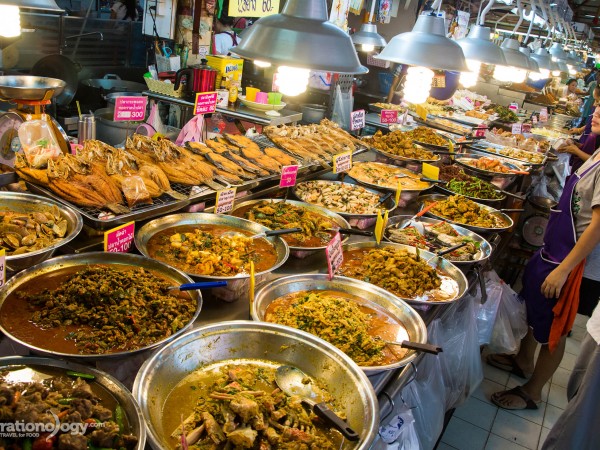
Diving into a destination’s culture transforms a trip into a rich, meaningful experience. Start with local cuisine—whether savoring street food from bustling markets or dining at a family-run restaurant, food reveals a place’s heart. Joining a cooking class can deepen understanding of traditions, like learning to make pasta in Italy. Research dietary needs beforehand to navigate menus safely. Beyond food, seek out hidden gems, such as quiet villages, local festivals, or tucked-away art galleries, often uncovered through resident tips or platforms like TripAdvisor.
These off-the-beaten-path adventures offer authentic glimpses into daily life, far from crowded tourist traps. For example, wandering a small-town market can lead to unique souvenirs and warm interactions. Engaging with locals respectfully, perhaps with a smile or a nod to customs, fosters connections and lasting memories. This approach, celebrated in travel blogs, not only enriches the journey but also supports local communities, making it a cornerstone for first-time travelers eager to explore authentically.
8. Stay Hydrated, Keep Snacks Handy, and Embrace Flexibility

Travel can test physical and mental stamina, so staying prepared keeps the journey smooth. Hydration is critical, especially in unfamiliar climates or during long sightseeing days. Carry a reusable water bottle, refilling at stations to stay eco-friendly and save money. Pack healthy snacks like nuts, dried fruit, or energy bars to maintain energy, particularly in areas where food options are scarce or schedules are tight. A small stash can be a lifesaver during a delayed flight or a rural hike.
Equally important is embracing flexibility—travel plans often shift, with missed connections or unexpected closures. Instead of frustration, view these as chances for discovery, like stumbling upon a charming café during a rainy delay. This mindset, shared across travel forums, turns challenges into stories. For instance, a canceled tour might lead to a spontaneous local event. Keeping a small cooler bag for snacks and practicing patience ensures first-time travelers stay energized and open to the unpredictable magic of travel.
7. Prioritize Travel Insurance
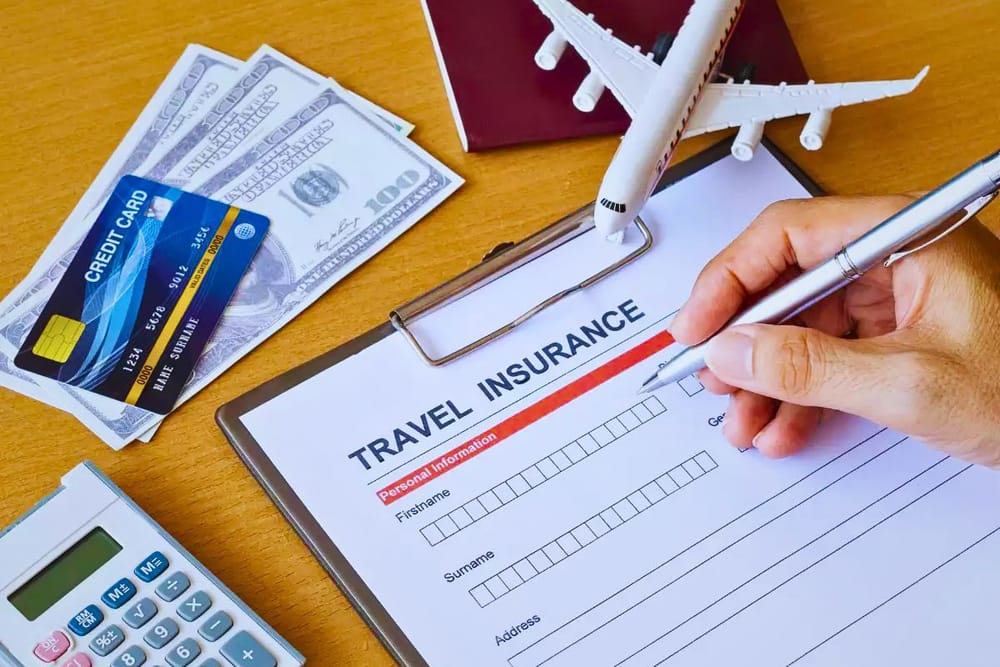
Travel insurance is a non-negotiable for first-time travelers, acting as a safety net against unforeseen disruptions. It covers trip cancellations, medical emergencies, lost luggage, or even adventure activity mishaps. Selecting the right policy means checking for comprehensive coverage, including health, emergency evacuation, and 24/7 assistance, while understanding exclusions like pre-existing conditions. For example, a policy might save thousands if a sudden illness requires hospital care abroad. Compare options on platforms like InsureMyTrip to find a plan tailored to the itinerary, whether it’s a city break or a trekking adventure.
This small investment offers peace of mind, allowing focus on exploration rather than worry. Travel guides stress its importance, noting that unexpected costs can derail a trip without it. Reading the fine print and keeping policy details accessible ensures quick action if issues arise. For beginners, this step is crucial to navigate the uncertainties of travel confidently, ensuring financial and personal security no matter the destination.
6. Learn Basic Local Phrases

Mastering a few local phrases can transform interactions, making travel more rewarding. Simple words like “hello,” “thank you,” or “where is the station” show respect and open doors to warmer exchanges with locals. Use apps like Duolingo or Babbel to practice before departure, focusing on practical phrases for navigation, dining, or emergencies. For instance, knowing how to ask for help in a foreign language can ease stressful moments, like finding a pharmacy.
This effort not only aids communication but also builds cultural bridges, often leading to insider tips or friendly gestures. Locals appreciate the attempt, even if pronunciation isn’t perfect, and it can enhance experiences like bargaining at markets or ordering authentic dishes. Travel communities highlight this as a game-changer for first-time travelers, fostering confidence and connection. Practicing daily in the weeks leading up to the trip ensures phrases stick, turning potential language barriers into opportunities for meaningful engagement.
5. Budget Wisely for Unexpected Expenses

Financial planning is key to a stress-free trip, especially for first-time travelers balancing excitement and expenses. Start by estimating costs for flights, accommodations, meals, and activities, then add a buffer for unexpected expenses like medical needs or last-minute transport. Budgeting apps like Mint or YNAB help track spending in real time, preventing overspending. Carrying local currency for small purchases, like street food or tips, avoids high ATM fees, while notifying your bank about travel plans prevents card freezes. Travel credit cards with rewards can stretch funds, but check foreign transaction fees. For example, a sudden taxi ride due to a missed bus can add up, so a contingency fund is essential. Travel advice from sources like budget travel blogs emphasizes setting aside at least 10-15% of the budget for surprises. This approach ensures flexibility, allowing enjoyment of spontaneous experiences without financial strain, making the journey smooth and enjoyable for beginners.
4. Carry a Portable Charger, Travel Adapter, and Digital Copies of Important Documents

Staying connected and prepared is critical for navigating new destinations. A portable charger keeps devices powered during long days of exploration, especially in areas with limited outlets. Opt for a high-capacity model to support phones, cameras, or tablets. A universal travel adapter is equally vital, as electrical outlets vary globally—research the destination’s plug type to avoid issues. Storing digital copies of passports, visas, tickets, and reservations in a secure cloud service like Google Drive ensures access if originals are lost.
Emailing copies to a trusted contact adds another layer of safety. For instance, a digital backup can speed up embassy assistance in case of theft. Travel forums stress testing chargers and adapters before departure to confirm compatibility. This preparation minimizes disruptions, keeping first-time travelers connected and secure, ready to handle unexpected challenges with ease while focusing on the adventure.
3. Pack Light with Versatile Clothing and Essentials
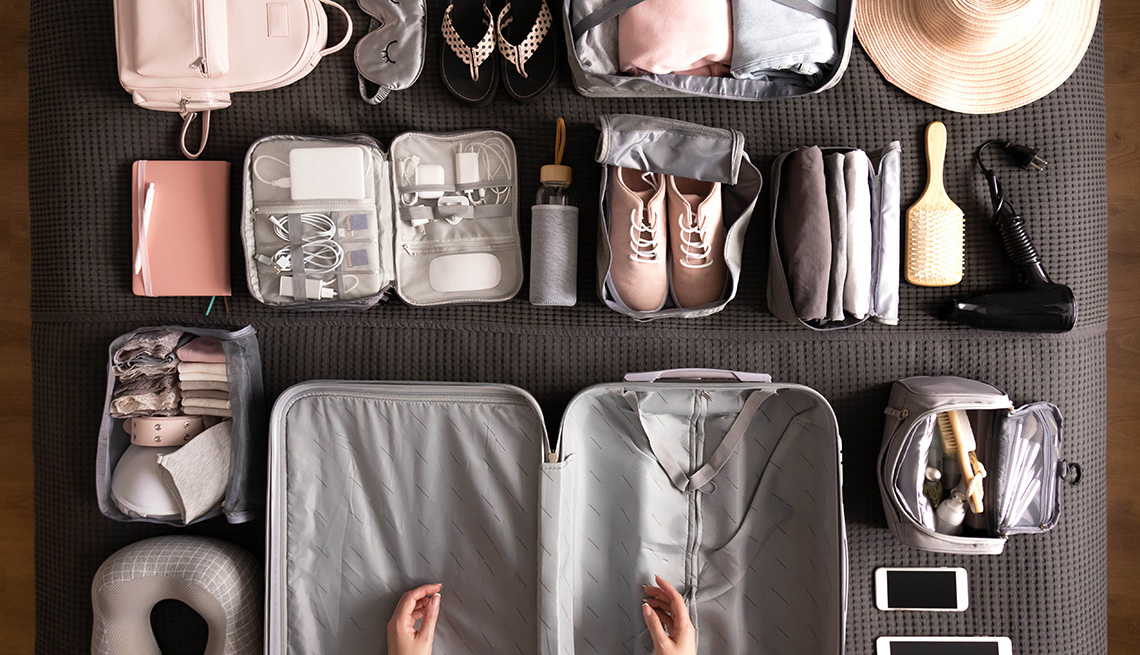
Packing light is a game-changer for first-time travelers, simplifying movement through airports, trains, or city streets. Focus on versatile clothing—neutral colors and layerable fabrics like merino wool that suit multiple occasions and weather conditions. For example, a lightweight jacket works for cool evenings or sudden rain. Essentials like comfortable walking shoes, a reusable water bottle, a compact first-aid kit, and travel-sized toiletries cover most needs without overloading bags. Packing cubes help organize and maximize space, while a checklist prevents overpacking.
Travel advice suggests limiting luggage to a carry-on to avoid fees and delays. If something’s forgotten, local stores can fill gaps, so prioritize quality over quantity. This minimalist approach, backed by travel blogs, reduces stress and enhances mobility, letting beginners focus on experiences rather than managing heavy bags, making the journey smoother and more enjoyable.
2. Book Flights and Accommodations Early
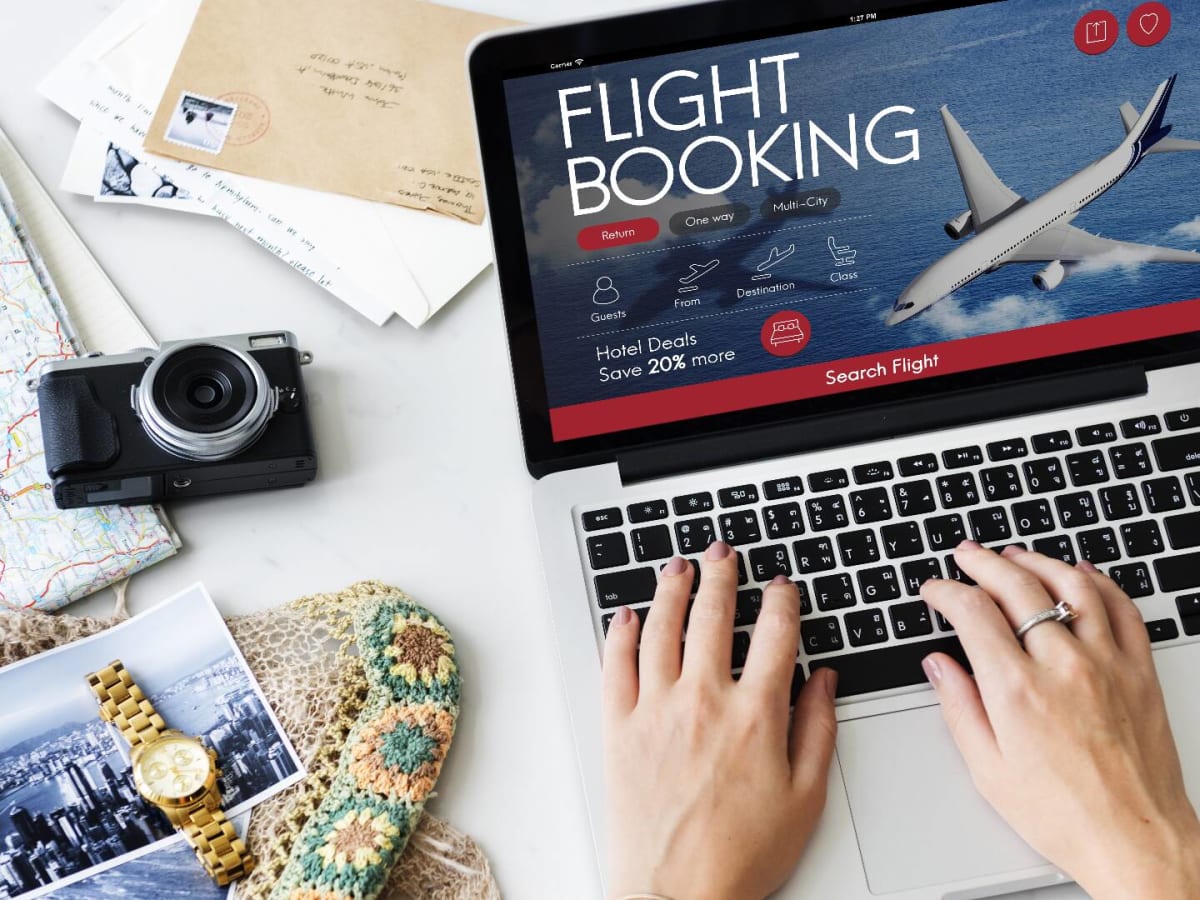
Securing flights and accommodations early locks in better prices and availability, especially during peak travel seasons. Flexibility with dates—flying mid-week or off-season—can save significantly, as can using comparison tools like Skyscanner or Google Flights. Choose accommodations near public transport or key attractions for convenience, checking reviews on platforms like Booking.com or Airbnb for reliability. For example, a centrally located hostel might offer budget-friendly stays with local charm. Early booking, ideally 21-60 days in advance, avoids last-minute price spikes and ensures preferred options. Travel guides note that planning ahead reduces stress, allowing focus on crafting a flexible itinerary. This step sets a strong foundation for first-time travelers, ensuring cost savings and a comfortable base to explore from, making the trip both affordable and enjoyable.
1. Research the Destination Thoroughly

Thorough destination research is the bedrock of a successful trip, empowering first-time travelers with knowledge and confidence. Dive into the culture, history, customs, and weather using travel guides, blogs, and platforms like TripAdvisor. Understand local etiquette—like dress codes or tipping norms—to avoid missteps. Check transportation options, from buses to ride-sharing apps, and review safety advisories, especially for solo travelers.
For instance, knowing a city’s safe neighborhoods can shape accommodation choices. Weather research ensures appropriate packing, while exploring attractions helps craft a balanced itinerary with room for spontaneity. Travel communities emphasize starting research weeks in advance, using local blogs or forums for insider tips. This preparation transforms uncertainties into excitement, ensuring first-time travelers feel ready to embrace their adventure with enthusiasm and cultural awareness.

